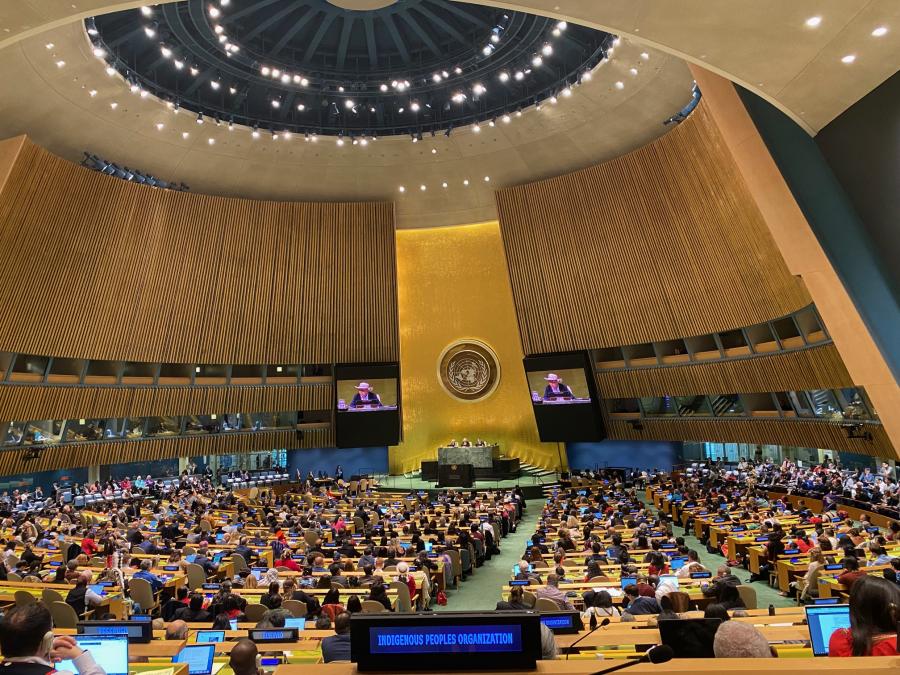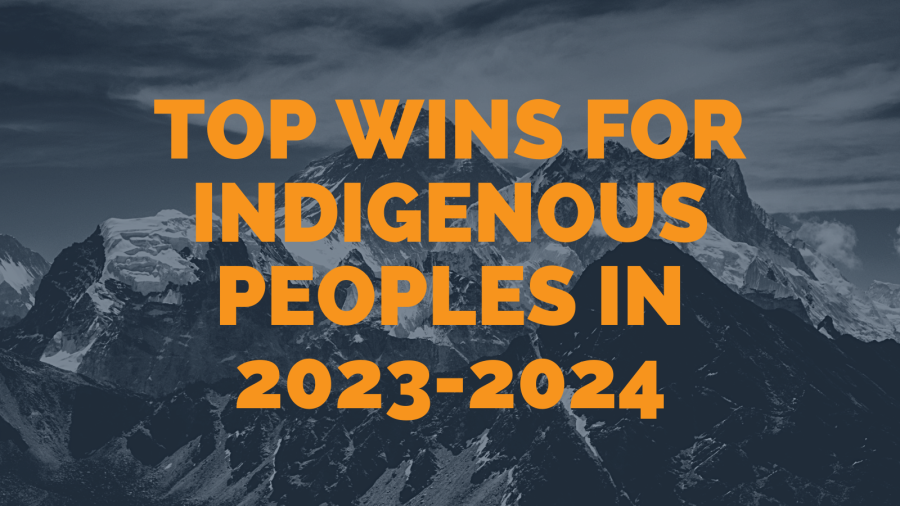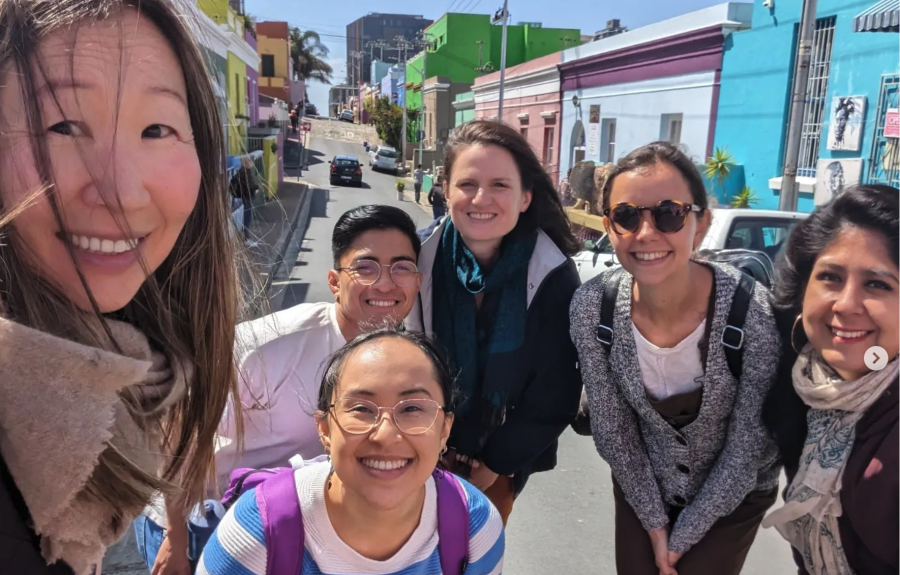Madeline Hall
An international expert group meeting was held on January 29-31, 2013 at the UN Headquarters to discuss the challenges faced by Indigenous youth residing in UN member states. Guided by the theme and subsequently titled “Indigenous youth: identity, challenges and hope: articles 14, 17, 21 and 25 of the United Nations Declaration on the Rights of Indigenous Peoples (UNDRIP),” the meeting focused on identifying areas of particular difficulty in developing identity among Indigenous youth and proposing subsequent recommendations to address these issues.
In its summary report of the meeting, the UNPFII reviewed the conclusions drawn regarding obstacles to holistic and balanced identity formulation for Indigenous youth. While social, economic, health-related and security-related issues characterize a difficult maturation process in general for Indigenous youth, the meeting viewed these challenges through the lens of identity development. Detailing the ways in which certain challenges specifically altered the development of Indigenous identity, the meeting reframed common issues to better understand overarching barriers to well-being among Indigenous youth. In particular, the group cited assimilation processes pursued by state governments, Indigenous language disappearance, traditional land insecurity, negative mainstream stereotyping of the indigenous experience, educational disconnect, and health concerns as the primary impediments to the free and unburdened development of identity.
The expert group recommended respective initiatives to be taken by Indigenous populations, member states, UN agencies, and the UN Permanent Forum on Indigenous Issues so as to combat the challenges faced by Indigenous youth on many levels. The group called for increased participation by Indigenous youth in multiple levels of decision-making processes, increased support for the protection and revival of Indigenous languages, educational reform, and mitigating high rates of Indigenous youth suicide. By endorsing these initiatives and advocating their implementation on multiple levels, the group hopes to holistically address the obstacles to Indigenous youth identity development.
Discussion regarding the international framework pertaining to Indigenous youth focused on articles 14, 17, 21, and 25. These articles recognize certain rights regarding access to education, conditions of labor, improvement of economic or social conditions, and security of spiritual relationships with land. However, member states and U.N. agencies have not been adequately implementing these articles, thereby failing to properly address that which was identified as lacking. By holding the meeting, the participants sought to identify steps necessary to implement these articles more effectively in the interest of easing the process of identity definition for Indigenous youth.
Despite the litany of difficulties faced by Indigenous youth in the process of their emotional maturation, the group stressed the importance of identifying youth as survivors rather than victims of these challenges. Endorsing empowering frameworks of thought in relation to Indigenous youth, the group sought to reframe the negative perception of the Indigenous experience and bestow hope upon the alleviation of critical concerns.



